AeroGenie — 您的智能副驾驶。
热门趋势
Categories
London and Singapore Pilot AI Systems in Air Traffic Control
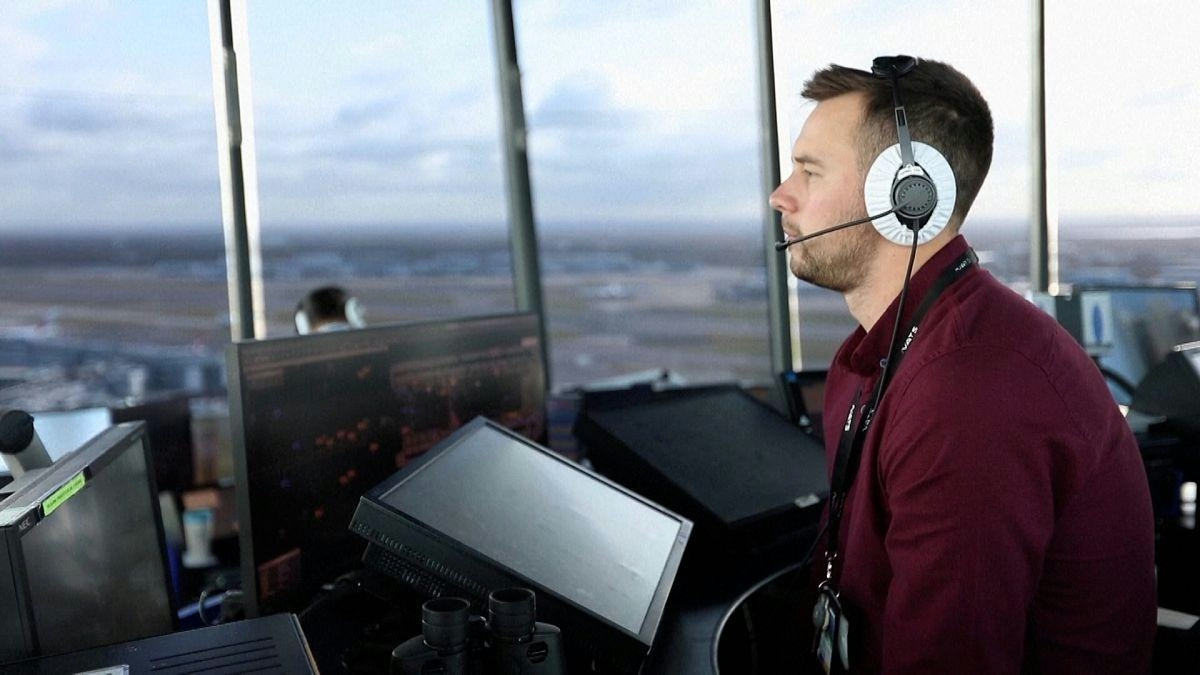
London and Singapore Pilot AI Systems in Air Traffic Control
London and Singapore, two of the world’s busiest and most congested airspaces, have embarked on pilot programs to integrate artificial intelligence (AI) into air traffic control operations. This initiative responds to the growing pressures faced by air traffic controllers, who manage thousands of flights daily while relying on aging technological infrastructure. The aviation industry increasingly views AI as a vital tool capable of processing vast amounts of data simultaneously and operating without fatigue, thereby enhancing the monitoring and management of aircraft movements.
Challenges of AI Integration in Air Traffic Control
Despite its potential, the integration of AI into air traffic control systems presents significant challenges. Regulatory compliance and the maintenance of stringent safety standards remain paramount concerns for authorities in both cities. Ensuring that AI technologies meet existing aviation requirements is a complex task, particularly given the need to integrate these advanced systems with legacy infrastructure that was not originally designed to accommodate such automation.
Skepticism persists among traditional aviation stakeholders, who express caution over the rapid pace of technological change and the possibility of unforeseen consequences. Legal and ethical questions surrounding accountability in the event of accidents are especially pressing. As highlighted by Scientific American, assigning responsibility when AI is involved remains a complex and unresolved issue. This concern has intensified following a fatal collision in January in the United States capital, where an airliner and a military helicopter collided, resulting in 67 fatalities. Investigations have pointed to human error as a contributing factor, prompting increased scrutiny of current air traffic control practices.
Industry Response and Future Outlook
In light of these developments, competitors within the aviation sector are accelerating investments in AI technologies. Their goal is to maintain market leadership while developing more robust AI models capable of addressing concerns related to safety and reliability. The Federal Aviation Administration’s nominee has emphasized the critical need to modernize the air traffic control system, underscoring that such upgrades are essential to accommodate emerging technologies like AI.
As London and Singapore advance their pilot programs, the global aviation community is observing closely. The outcomes of these initiatives may well determine the future trajectory of air traffic management, balancing the promise of enhanced efficiency and safety against the imperative to navigate regulatory, ethical, and operational challenges.

Aviation Design Software Market Projected to Reach $2.8 Billion
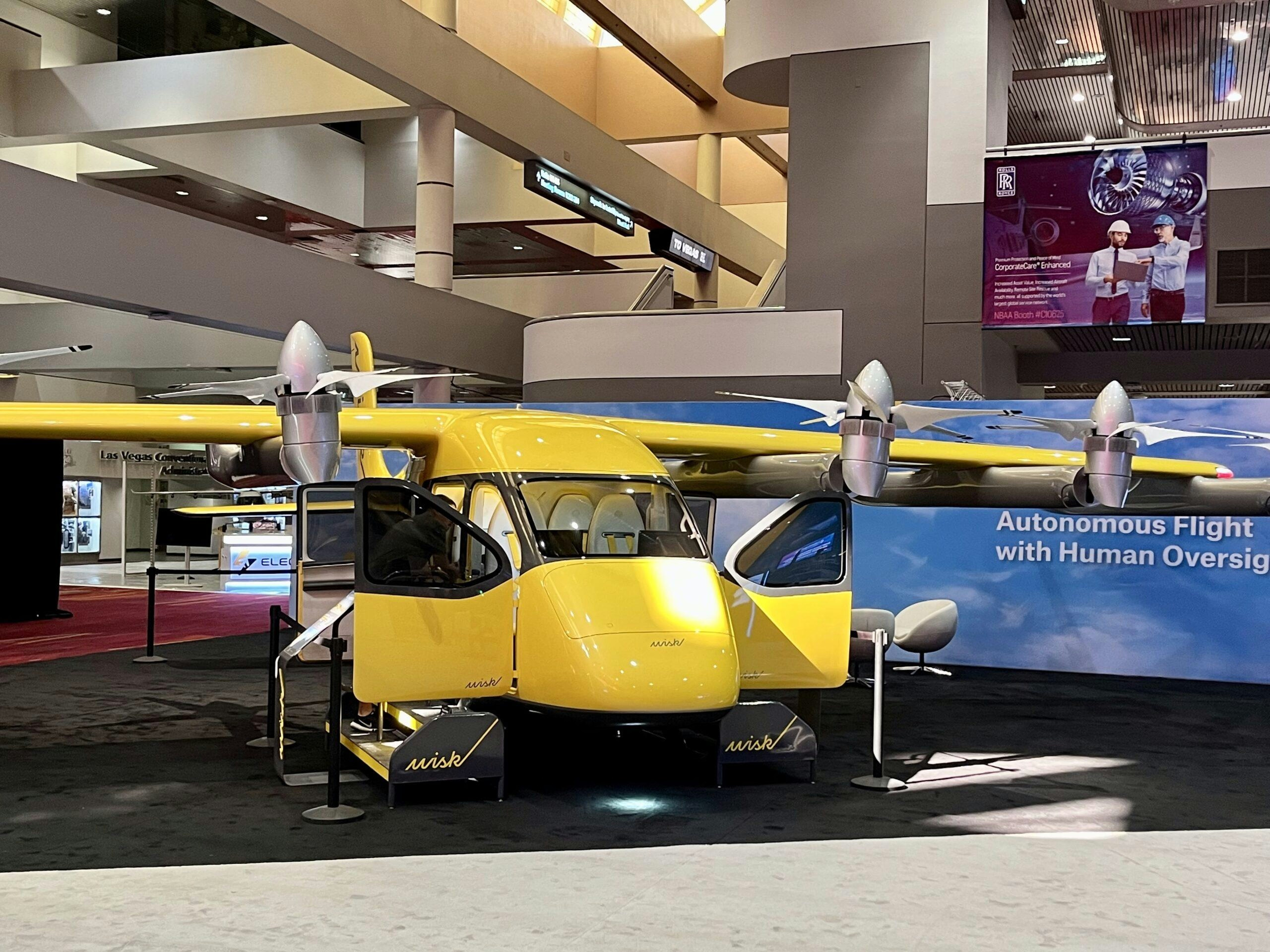
The Future of Aviation in Africa Amid Digital Transformation
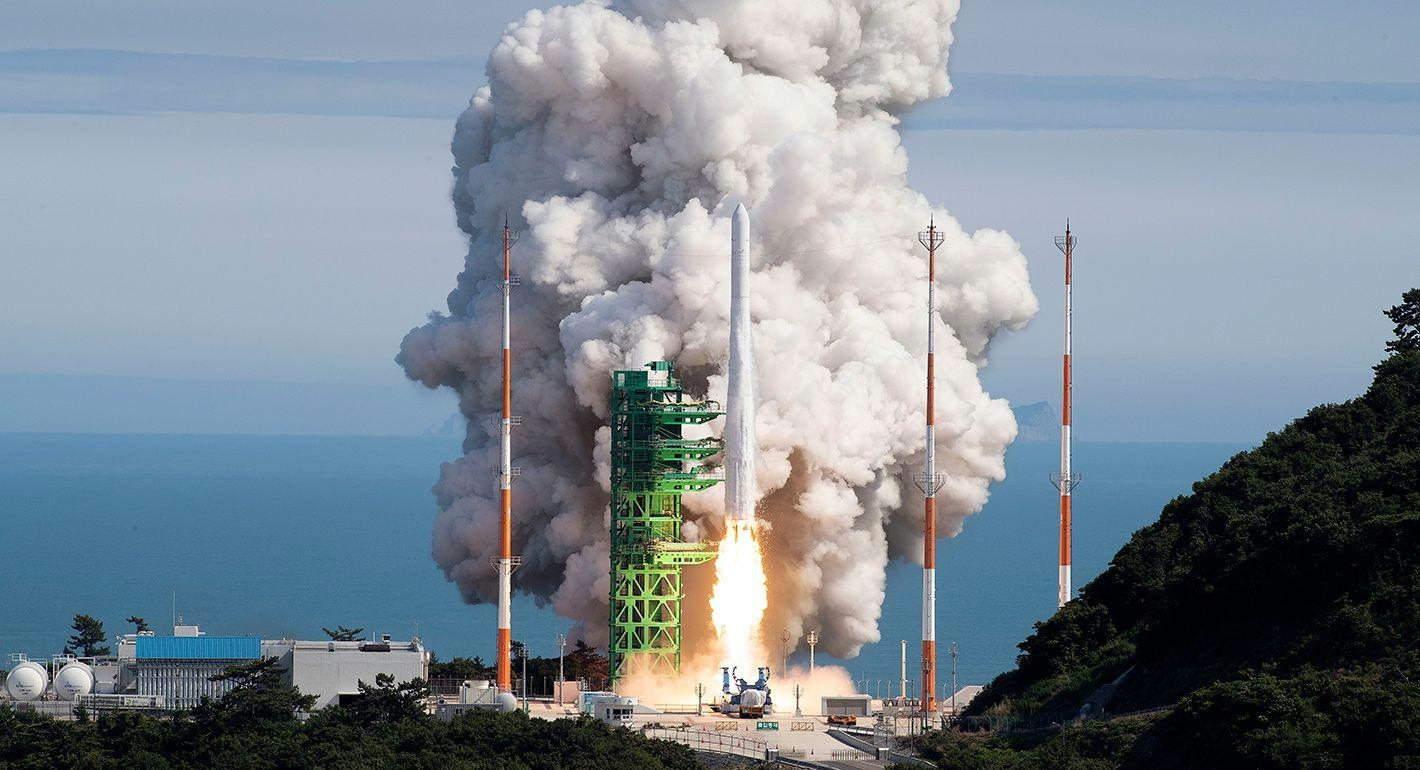
Gyeongnam Province Unveils Mid- to Long-Term Aerospace Industry Roadmap
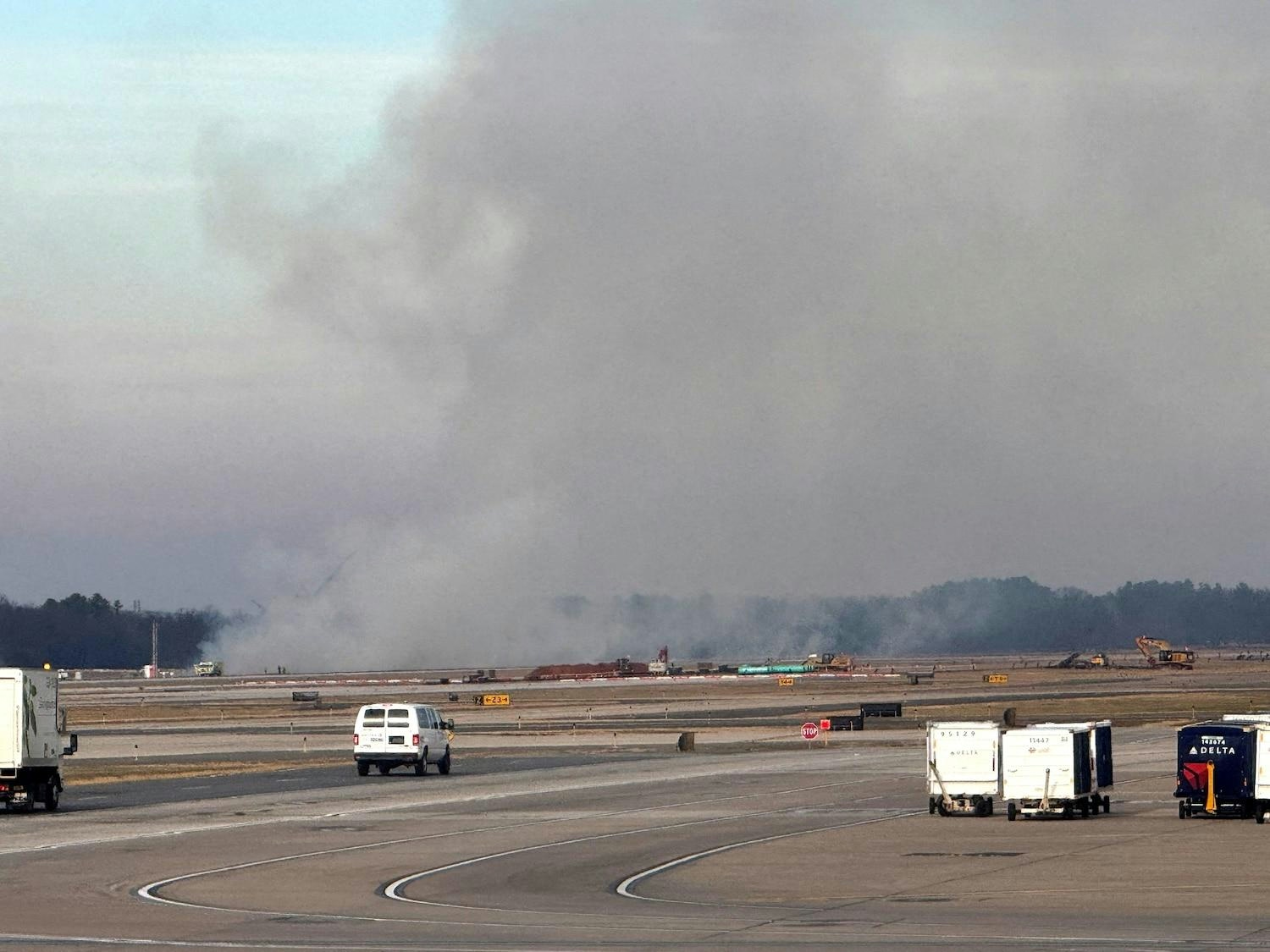
Delta Flight to Atlanta Suffers Engine Trouble, Sparks Grass Fire at Airport
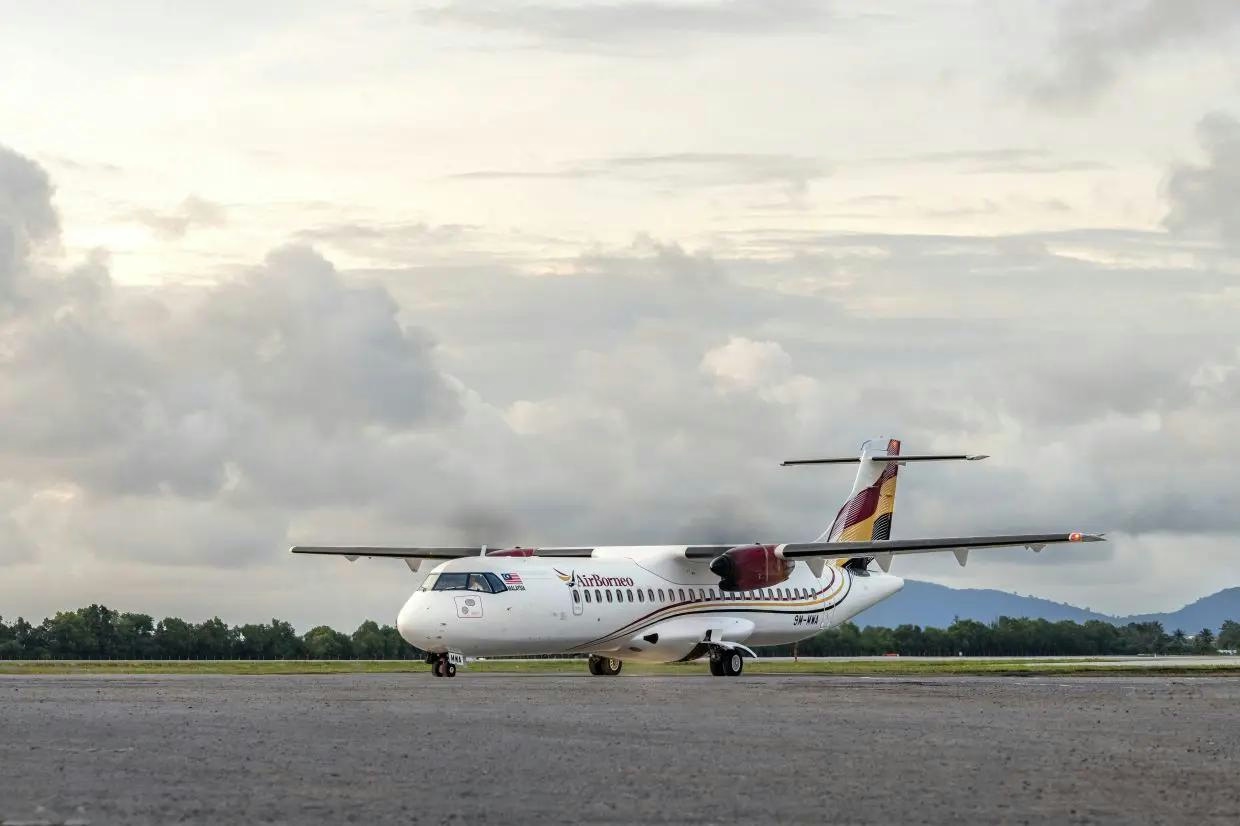
Sarawak's AirBorneo partners with IBM for AI-powered operations

PH Aerospace and MRO Exports Reach $603 Million, Says DTI
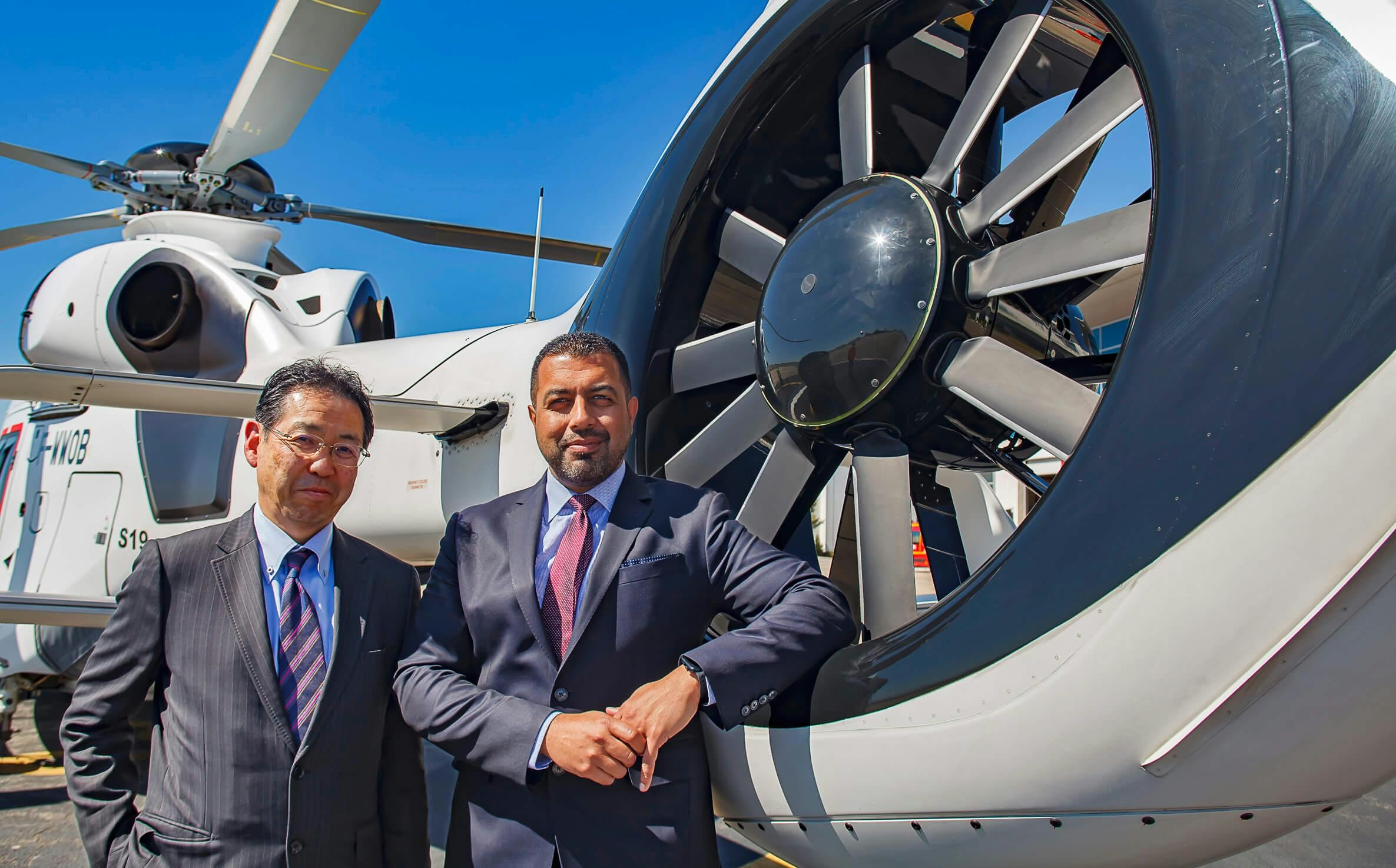
Dubai Aviation Nears Acquisition of Macquarie Aircraft Leasing Unit
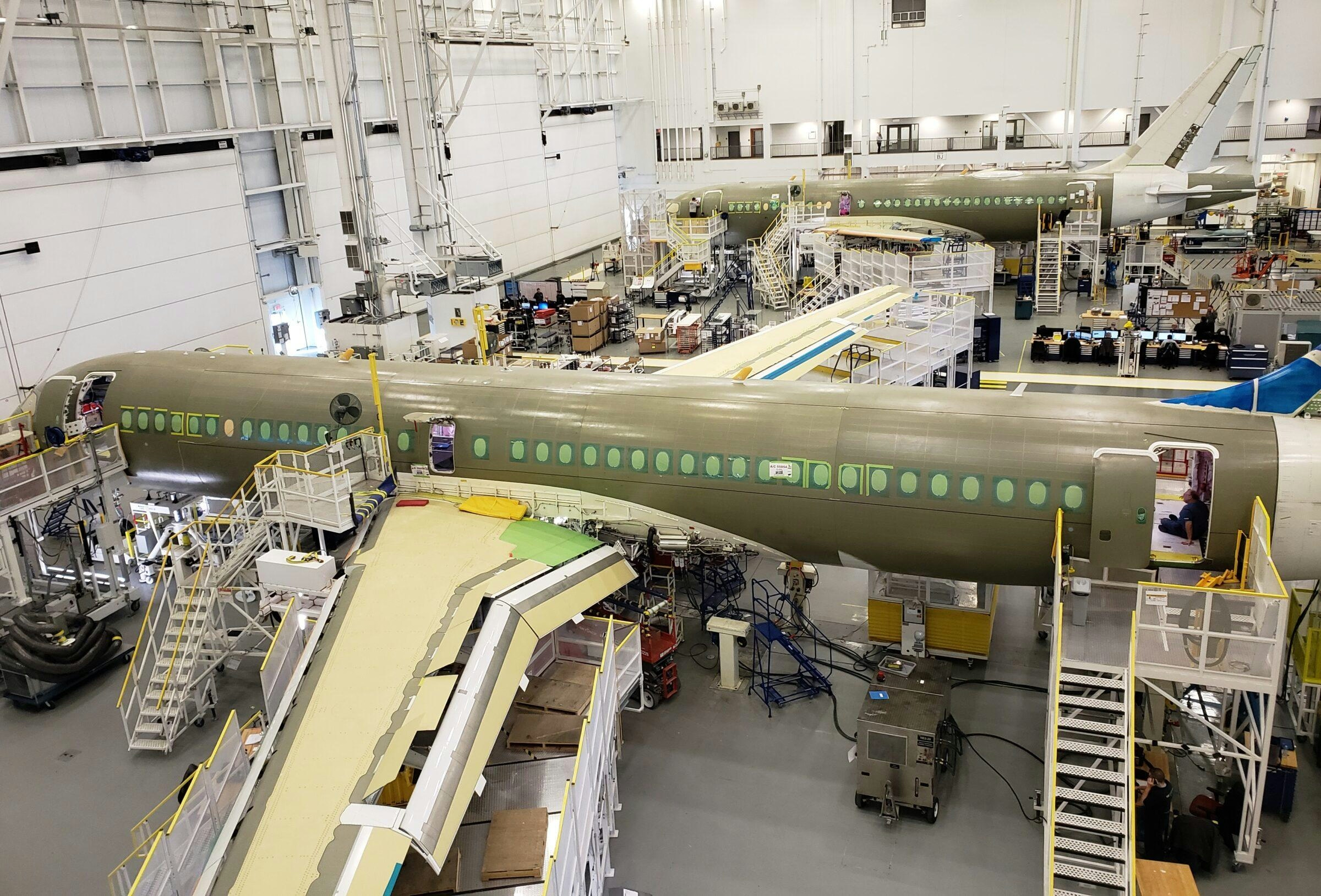
Airbus: Latest Developments and the Future of Aviation
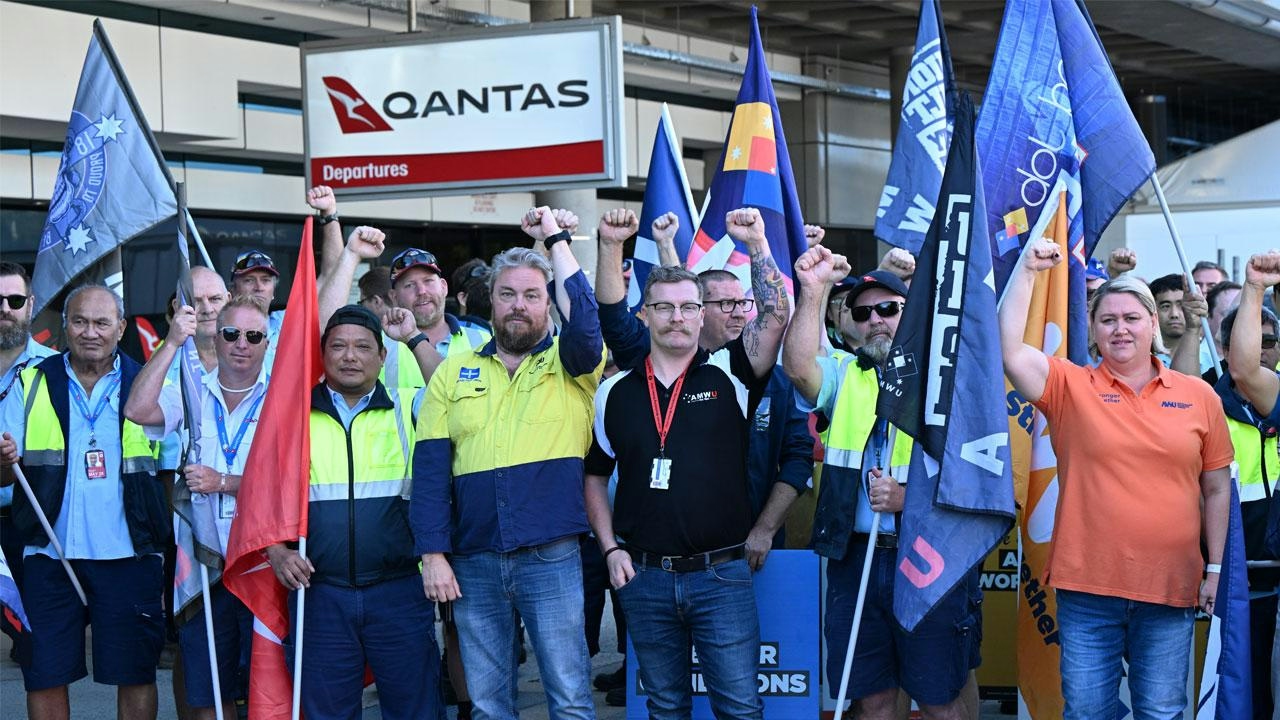
Qantas and Union Clash Over Job Security Amid AI Advances
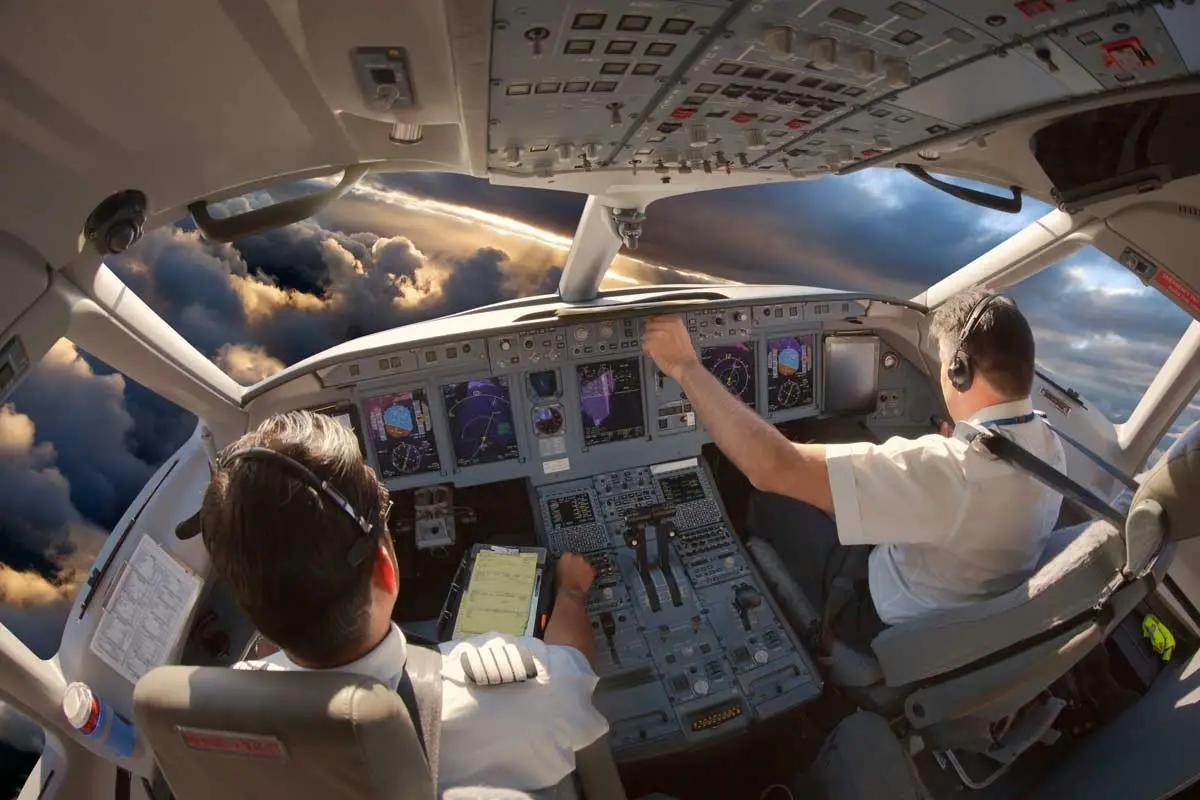
What Is the Salary of Widebody Pilots?
